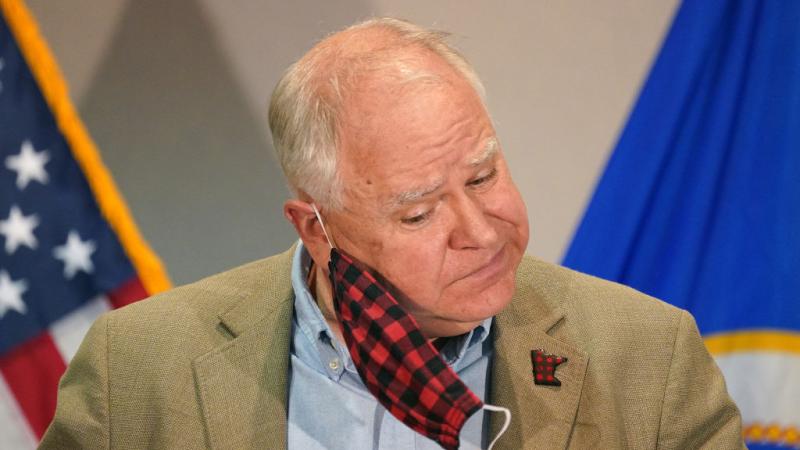NASA doles out half a million in taxpayer dollars for far-out alien detection program at Georgetown
The District of Columbia receives more taxpayer-funded grant dollars per-person than any other city in the country.
The Golden Horseshoe is a weekly designation from Just the News intended to highlight egregious examples of wasteful taxpayer spending by the government. The award is named for the horseshoe-shaped toilet seats for military airplanes that cost the Pentagon a whopping $640 each back in the 1980s.
This election week, our award is going to the District of Columbia’s non-voting member of Congress Eleanor Holmes Norton for her role in securing more than half a million taxpayer dollars to ponder new and unconventional alien life detection techniques.
According to a recently released report from Open the Books, in 2019, the National Aeronautics and Space Administration (NASA) awarded $549,974 to a Georgetown University program — a school with a $1.7 billion endowment — with a focus on new methods for the detection of alien life.
The half a million dollars of taxpayer money was part of a larger $7 million grant by NASA's astrobiology program, designed to help "bring together theoreticians and experimentalists as an incubator for new agnostic life detection approaches; create a common training set of biotic and abiotic test substrates; establish likelihoods and thresholds with probabilistic models; and develop a broader formulation of the ladder of life," according to the grant's description.
One of the project's leaders, Assistant Professor of Biology at Georgetown Sarah Stewart Johnson says of the project, "We only have one data point: life as we know it."
Her goal with this new funding is to think outside of the box as she attempts to detect "life as we don't know it."
The program aims to "merge the broad and narrow ends of the life detection spectrum into a collective dialogue, one that will help us synthesize prioritize evaluate and strengthen the search for life on future space missions.”
According to the report, Washington, D.C., where Georgetown University is located, is the nation's leading recipient of grant dollars per-person. Between the fiscal years of 2017 and 2019, the nation's capital received more than $58,000 per person in taxpayer-funded grants, far exceeding the second place finisher, Alaska, with a total of less than $18,000 per-person.
In those same years, NASA was responsible for doling out $3,256,284,674 in grant awards.
With a contentious and exceedingly messy election befalling the American people, detecting potentially habitable planets beyond earth may, in some ways, seem like a worthwhile investment. However, at a time when the national debt exceeds $27 trillion and Georgetown University appears to have ample cash of its own on hand, a rarefied expert dialogue on redefining extraterrestrial life detection seems like a questionable use of taxpayer dollars.
















